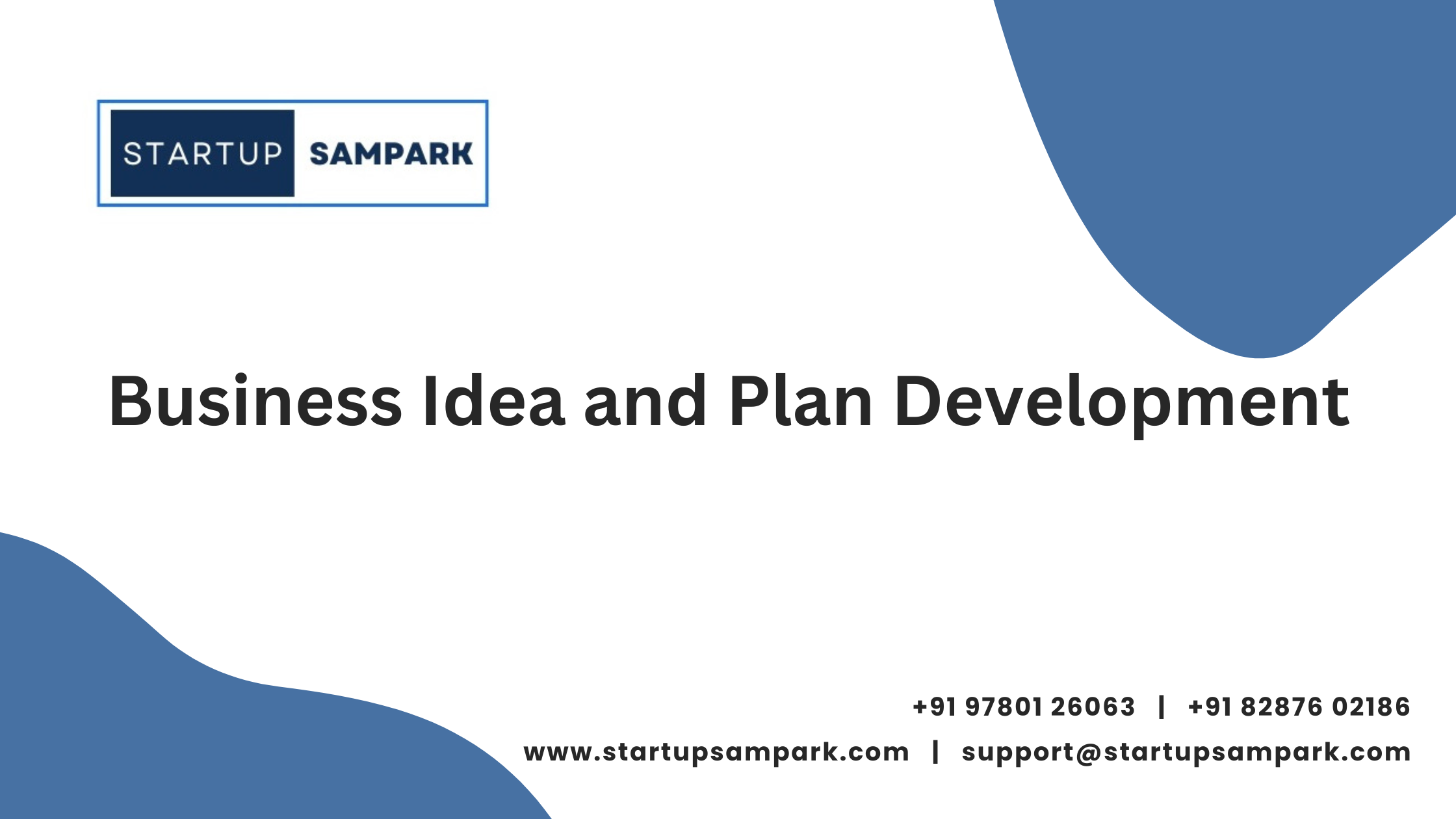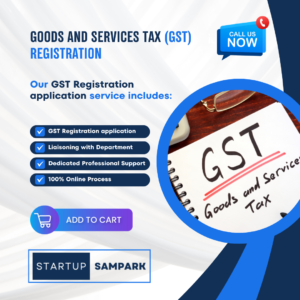Business Idea and Plan Development
Developing a solid business idea and creating a comprehensive plan are foundational steps for any successful startup. It starts with identifying a clear and compelling business idea that addresses a genuine need or solves a specific problem. This idea should be both innovative and practical, aligning with your passions and expertise. Conduct thorough market research to understand your target audience, industry trends, and competitive landscape. This research will help validate your idea and refine it to better meet market demands.
Once you have a robust business idea, the next step is to craft a detailed business plan. This plan serves as a roadmap for your startup, outlining your vision, mission, and objectives. It should include a clear description of your product or service, how it benefits your customers, and what sets it apart from competitors. Define your target market in detail, including demographic and psychographic characteristics, and explain how you plan to reach and attract this audience.
A critical component of your business plan is the marketing strategy. This should cover how you will promote your product or service, the channels you will use, and the tactics you will employ to generate leads and drive sales. Consider both online and offline marketing methods, and outline a budget for your marketing activities. Your plan should also detail your sales strategy, including pricing, sales channels, and customer acquisition strategies.
Financial projections are another key element of your business plan. Provide detailed financial forecasts, including revenue projections, expense estimates, and cash flow analysis. This will help you understand the financial viability of your business and identify potential funding needs. Be realistic and base your projections on thorough research and data. Additionally, include a break-even analysis to determine how much revenue you need to cover your costs and start making a profit.
Operational planning is also crucial. Describe how your business will operate on a day-to-day basis, including your production processes, supply chain management, and logistics. Outline the resources and technology you will need to run your business efficiently and any potential challenges you might face.
To support your business plan, create an organizational structure that outlines key roles and responsibilities within your startup. Identify the skills and expertise required for each role and consider how you will recruit and retain talent. A strong team is essential for executing your business plan and achieving your objectives.
Finally, ensure that your business plan includes a risk management strategy. Identify potential risks and challenges that could impact your business and outline contingency plans to address them. This proactive approach will help you navigate uncertainties and adapt to changing circumstances.
In summary, developing a strong business idea and creating a comprehensive business plan are essential steps for setting up a successful startup. By thoroughly researching your market, defining your objectives, and planning your operations and finances, you lay a solid foundation for your business. This plan will not only guide you through the early stages of your startup but also serve as a valuable tool for securing funding and achieving long-term success.
startup
-
 MSME Registration₹1,180.00
MSME Registration₹1,180.00 -
 GST Registration₹2,360.00
GST Registration₹2,360.00 -
 Trademark Registration₹7,450.00
Trademark Registration₹7,450.00

















Post Comment